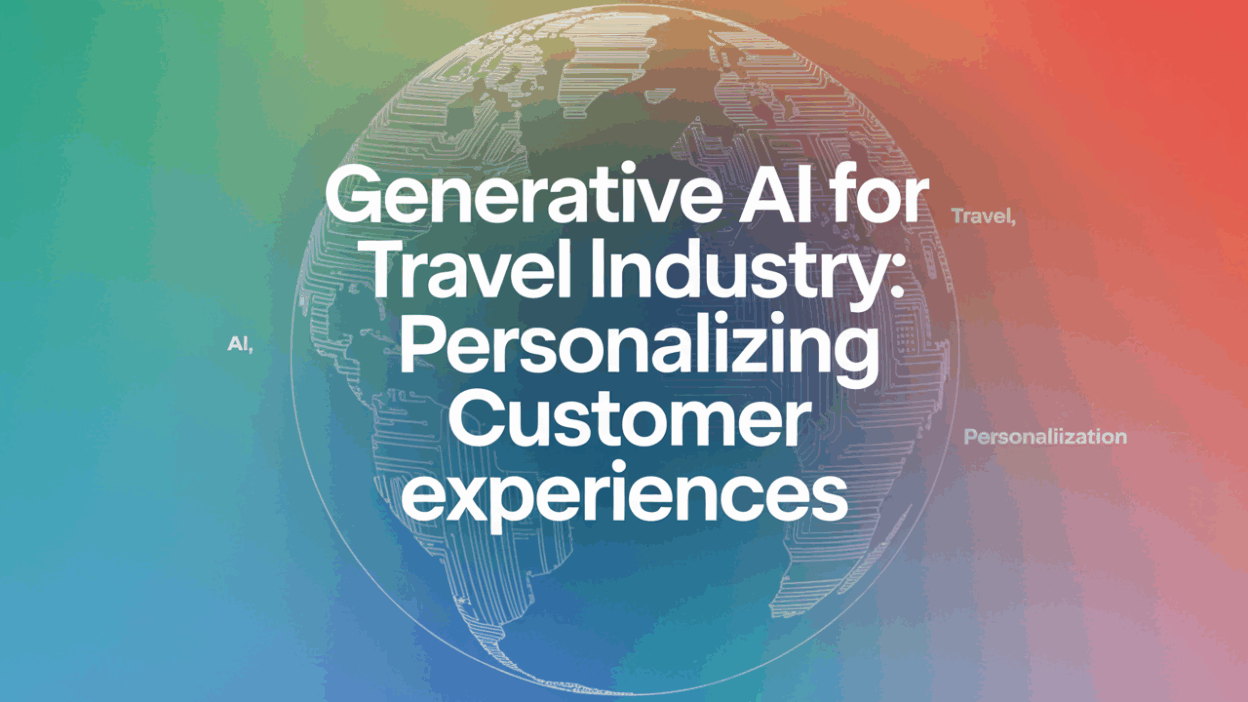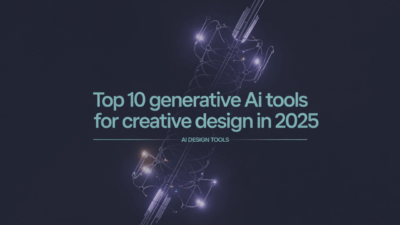The travel industry is constantly evolving, and one of the most groundbreaking advancements in recent years has been the integration of generative AI to enhance customer experiences. Generative AI is transforming how travel companies interact with their clients, offering hyper-personalized services that cater to individual preferences and needs.
What Is Generative AI?
Generative AI refers to artificial intelligence systems capable of generating new content, such as text, images, or even music, based on the data they have been trained on. This technology leverages deep learning models to understand patterns and create outputs that are not only relevant but also highly customized to user requirements .
Personalizing Customer Interactions
One of the most significant impacts of generative AI in the travel sector is its ability to personalize customer interactions. By analyzing vast amounts of data, including past bookings, search histories, and social media activity, generative AI can craft tailored recommendations and communications. This level of personalization ensures that customers receive offers and information that align with their interests and travel habits, significantly enhancing their overall experience .
For instance, a traveler who frequently books adventure tours might receive personalized suggestions for similar activities in new destinations, while someone who prefers luxury accommodations could be offered high-end hotel options. This targeted approach not only improves customer satisfaction but also increases the likelihood of repeat business .
Dynamic Advertising and Itinerary Planning
Generative AI also plays a crucial role in dynamic advertising and itinerary planning. Travel companies can use this technology to create real-time advertisements that resonate with potential travelers. These ads can be adjusted based on user behavior, ensuring that the content remains relevant and engaging .
In terms of itinerary planning, generative AI can help travelers design customized itineraries that reflect their interests and preferences. By considering factors such as travel history, budget, and preferred activities, AI can suggest detailed plans that include everything from dining recommendations to local attractions. This not only saves time for the traveler but also ensures that their trip is uniquely tailored to their tastes .
Enhancing Efficiency and Cost Savings
Beyond personalization, generative AI also brings substantial efficiency gains and cost savings to the travel industry. Automating routine tasks such as responding to customer inquiries, generating marketing content, and managing reservations allows staff to focus on more complex and value-added activities. For example, hotels can use AI-powered chatbots to handle guest requests, freeing up human resources for more nuanced interactions .
Additionally, the automation of content creation means that travel companies can produce high-quality marketing materials, such as destination guides and promotional videos, without the need for extensive manual input. This not only reduces costs but also accelerates the production process, enabling faster response times to market changes and consumer demands .
Challenges and Considerations
While the benefits of generative AI are clear, there are also challenges and considerations that must be addressed. Ensuring data privacy and security is paramount, as the technology relies heavily on customer data to function effectively. Companies must implement robust measures to protect sensitive information and maintain customer trust .
Moreover, the accuracy and relevance of AI-generated content depend on the quality of the training data. Inaccurate or biased data can lead to suboptimal results, potentially harming the customer experience rather than enhancing it. Continuous monitoring and refinement of AI models are essential to ensure they remain effective and aligned with customer expectations .
Conclusion
Generative AI is revolutionizing the travel industry by providing personalized, efficient, and cost-effective solutions that enhance the overall customer experience. From dynamic advertising and itinerary planning to automated customer service, the applications of this technology are vast and varied. As the industry continues to embrace these innovations, it is crucial to address the associated challenges to fully realize the potential of generative AI in delivering exceptional travel experiences .



